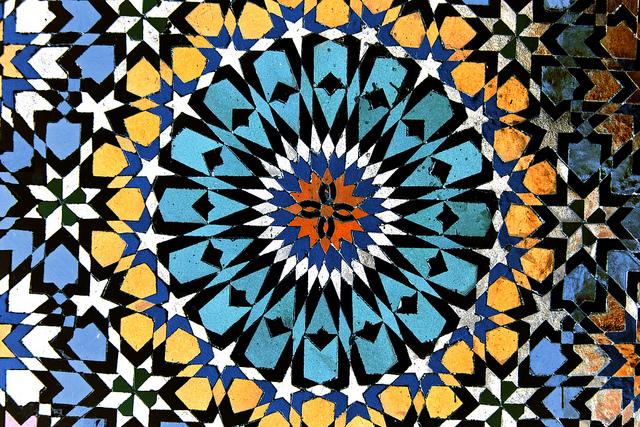
The story of the Middle East for decades to come is of a battle for the hegemony of Sunni Islam, especially in the Arab world, and of the efforts by non-Sunni Muslims and non-Muslims to ensure that no dominant Sunni power capable of uniting the Sunni Arab world, and ultimately the Sunni world more broadly, emerges.
The Sunni world in general, and the Arab Sunni world in particular, lies in ruins. In some cases, quite literally. However, the current malaise of the Sunni Arab world shouldn’t cover the simple fact that Sunni Muslims make up the majority of Muslims around the world and that the Arab world is almost exclusively Sunni. After the collapse of the Ottoman Empire, due to the intervention of the conquering British and French powers, Sunni Arabs had little to say about their political organisation. Now that they are emerging from a century-long political hiatus, a united Sunni Arab world constitutes one of the biggest, but still contestable, geopolitical prizes.
Should a united Sunni Arab polity emerge, especially if it unites under the banner of the more extreme interpretations of Islam, it could constitute an existential threat to the non-Sunni, non-Arab and non-Muslim minorities of the Middle East. Those minorities therefore have no greater strategic imperative than to ensure that no such polity, as well as no hegemonic power capable of creating such a polity, emerges.
The battle to replace the lost hegemony of the Ottoman Empire is waged among those who could credibly claim leadership of the Sunni world over which it once held sway. In the grand strategic game of the Middle East—defined here as the battle to lead or thwart Sunni, and especially Sunni Arab, unification and hegemony—the players are grouped into those capable of leading (Turkey, Egypt, Saudi, Islamist contenders) or thwarting (Iran, Israel, Russia). The board on which they are playing the game includes four major ongoing battlegrounds (Syria, Iraq, Libya, Yemen) and five or six potential battlegrounds (Lebanon, Jordan, Saudi Arabia, the various Gulf states, Egypt, perhaps Turkey). Algeria, Tunisia and Morocco are likely to remain at the margins but will be profoundly affected by the outcomes of the other battles.
With the game, players and battlegrounds defined, the ability of the players to achieve their aims depends on the tools at their disposal and whether they make effective use of them. In terms of the traditional tools of power— territory, people, military and economic resources—the various actors differ, and none emerges as the absolute clear hegemon. There’s no natural hegemon to the Sunni world, or to the Sunni Arab world, as exists in other regions of the world. There’s no single country that can make a credible claim to uniting the Sunni Arab world that also enjoys a preponderance of power in all its various forms. This means that not only is the struggle for hegemony likely to be drawn out over decades, if not longer, but also that the ability of the various actors to be effective and have an edge depends on their sophisticated use of other forms of power, such as so-called ‘soft’ power.
Ultimately, Australia and other Western countries have to come to terms with their limited role in shaping the outcomes of the battle for hegemony in the Arab Middle East. This doesn’t mean that there’s nothing to be done, but those outside the region must clinically and dispassionately consider their interests in the region and what they can reasonably expect to achieve.
To avoid importing or expanding the Middle East’s conflicts, those outside the region need to develop a greater understanding of its various layers of complexity. And, in doing so, they need to avoid the temptation to seek an over-simplistic ‘fix’. In the realms of domestic, border and international security, what’s to be done is arguably much more about Islam in the West than about the Middle East.